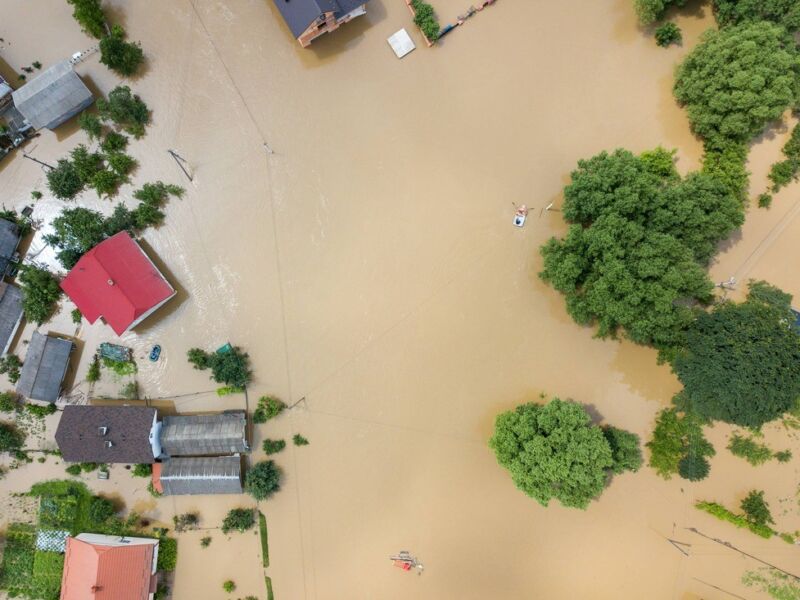
Introduction:
Emergency response training is an essential aspect of disaster preparedness and response. It involves equipping individuals with the necessary skills and knowledge to effectively respond to emergencies, natural disasters, and other crisis situations. This comprehensive guide will explore various aspects of emergency response training, including its importance, different types of training programs, key techniques and strategies, and the role of training in facilitating a swift and efficient response during times of crisis.
The Importance of Emergency Response Training:
Proper emergency response training is vital as it ensures that individuals are prepared to handle crises effectively. By providing training in emergency procedures, organizations and individuals can minimize the potential risks associated with emergencies and respond in a timely and organized manner. Emergency response training helps to:
- Save lives: Trained individuals can quickly assess the situation, provide first aid, and perform life-saving techniques.
- Reduce injuries: Proper training enables individuals to respond appropriately, minimizing injuries and creating a safer environment.
- Minimize property damage: Emergency response training equips individuals with the skills to mitigate damage and protect property during emergencies.
- Promote quick recovery: A well-trained emergency response team can efficiently handle crisis situations, leading to a faster recovery process.
Types of Emergency Response Training:
Emergency response training encompasses various types of programs and techniques. Some common types include:
- First Aid and CPR Training: Equips individuals with essential lifesaving skills, including initial medical care and cardiopulmonary resuscitation (CPR).
- Fire Safety Training: Teaches individuals how to prevent, respond to, and extinguish fires safely.
- Hazardous Materials Training: Provides knowledge on handling and managing hazardous substances and materials to ensure safety.
- Search and Rescue Training: Trains individuals on techniques for locating and rescuing individuals in emergency situations.
- Incident Command System Training: Prepares individuals to manage emergency situations and coordinate response efforts effectively.

Key Techniques and Strategies:
Emergency response training involves the utilization of specific techniques and strategies to ensure an effective response. Some key techniques and strategies include:
- Emergency Planning: Developing comprehensive plans outlining specific steps and procedures to follow during emergency situations.
- Risk Assessment: Conducting thorough assessments of potential risks and hazards to determine appropriate response measures.
- Communication: Establishing efficient communication channels to relay critical information during emergencies.
- Collaboration and Coordination: Coordinating efforts between various response teams and agencies to ensure a unified response.
- Simulation Exercises: Conducting simulated emergency scenarios to provide hands-on training and assess response capabilities.
The Role of Emergency Response Training in Disaster Response:
During times of disaster, emergency response training plays a critical role in facilitating an efficient and organized response. Trained individuals are better equipped to handle various aspects of disaster response, including:
- Search and Rescue Operations: Trained individuals can effectively locate and rescue individuals affected by the disaster.
- Medical Assistance: Trained individuals can provide immediate medical assistance to injured individuals, including first aid and triage.
- Evacuation and Sheltering: Emergency response training equips individuals with the skills to safely evacuate and shelter affected populations.
- Damage Assessment: Trained personnel can assess the extent of damage caused by the disaster, enabling efficient resource allocation.
Important Facts and Statistics about Storm and Disaster Restoration:
Understanding the impact of storms and disasters is crucial for effective emergency response training. Here are some important facts and statistics related to storm and disaster restoration:
- The Federal Emergency Management Agency (FEMA) has declared a disaster in Fort Bend, Harris, or Montgomery counties 26 times in the past 41 years, including severe winter storms.
- The U.S. water damage restoration industry is expected to grow at a CAGR of 6.8% from 2020 to 2025.
- The top five most damaging storms of 2018 and 2019 resulted in significant property damage and economic losses.
FAQs
What is the importance of emergency response training?
What types of emergency response training programs are available?
For more information on emergency response training, visit our website.



